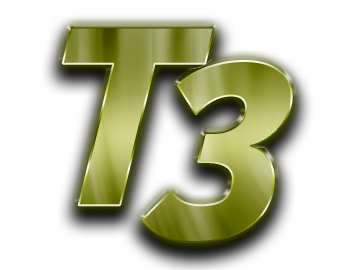
“Hard experience has taught me that real leadership is about understanding you first, and then using that to create a superb organization.”
—D. Michael Abrashoff, It’s Your Ship
What makes you think you can lead? You probably know how to plan, budget, and establish detailed steps and timetables. Allocating resources is no problem for you. Your employees already have a copy of the company policies and procedures.
So you think you can lead?
When I was growing up, my father would say to me, “Leading is not a matter of chance; it is a matter of choice.” You need two things to lead: followers and somewhere to take your followers. Lead with a vision for the future, specific direction, influence, motivation, and inspiration.
Abrashoff says that “leadership is about understanding you first.” Assume you are being asked by your followers to give evidence of your leadership. Describe your leadership on a piece of paper by answering these questions:
- - Do you accept responsibilities beyond the call of duty?
- - Do you like everything kept factual, clearly stated, and not too complex?
- - Do you look for principles to explain things?
- - Are you more personal than analytical?
- - Do you rely more on your feelings than logic?
- - Do you concern yourself chiefly with the people around you?
- - Do you look for rules to explain things?
- - Do you prefer working alone?
- - Do you prefer linear thinking as opposed to global?
- - Do you enjoy reading more than listening?
Now, share your description with your followers. Add more questions to your description and build on yourself, as needed. The art of understanding yourself is the skill of being able to lead your followers to achieve a common goal.
According to Abrashoff, though, “most obstacles that limit people’s potential are set in motion by the leader and are rooted in his or her own fears, ego needs, and unproductive habits. When leaders explore deep within their thoughts and feelings in order to understand themselves, a transformation can take place.”
Sharing decision making, control, and responsibilities is transformation leadership moving you from managing to engaging.
Leaders see themselves as vision setters, educators, and change agents who empower people. They share decision making, control, and responsibilities to engage their followers. Here are some core characteristics of a leader:
- - They are honest.
- - They help others with growth and development.
- - They are forward looking.
- - They want to be held accountable.
- - They want to serve.
So you think you can lead? I know you can, because you are ready to put more of an emphasis on developing goals with your employees.
This article was originally published by the Association for Talent Development (ATD) on Tuesday, August 23, 2016
You can find the original article here.
